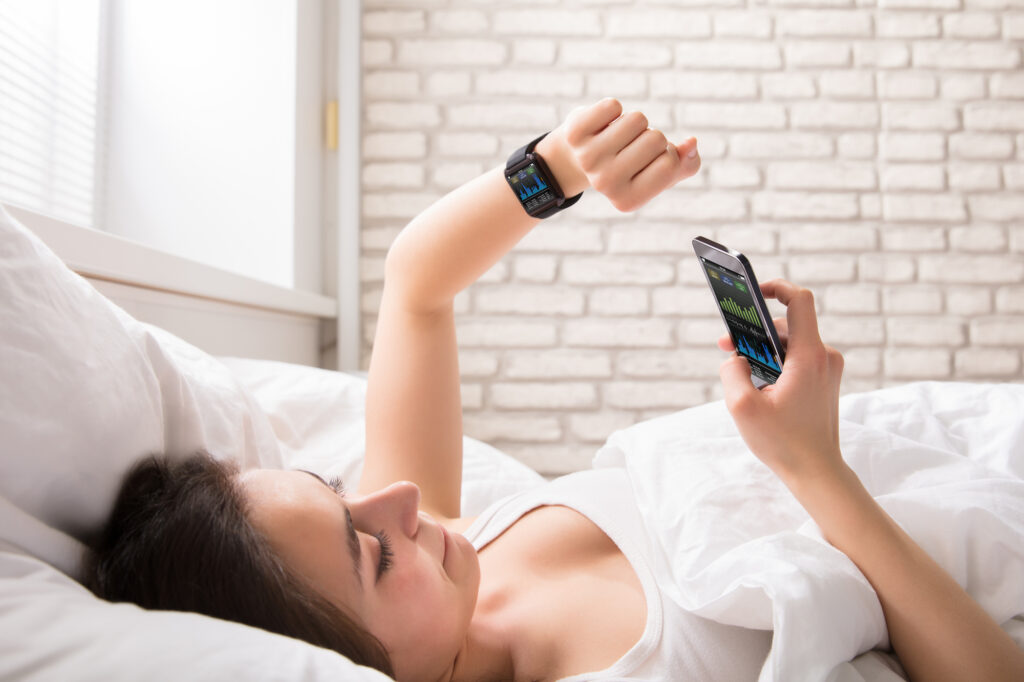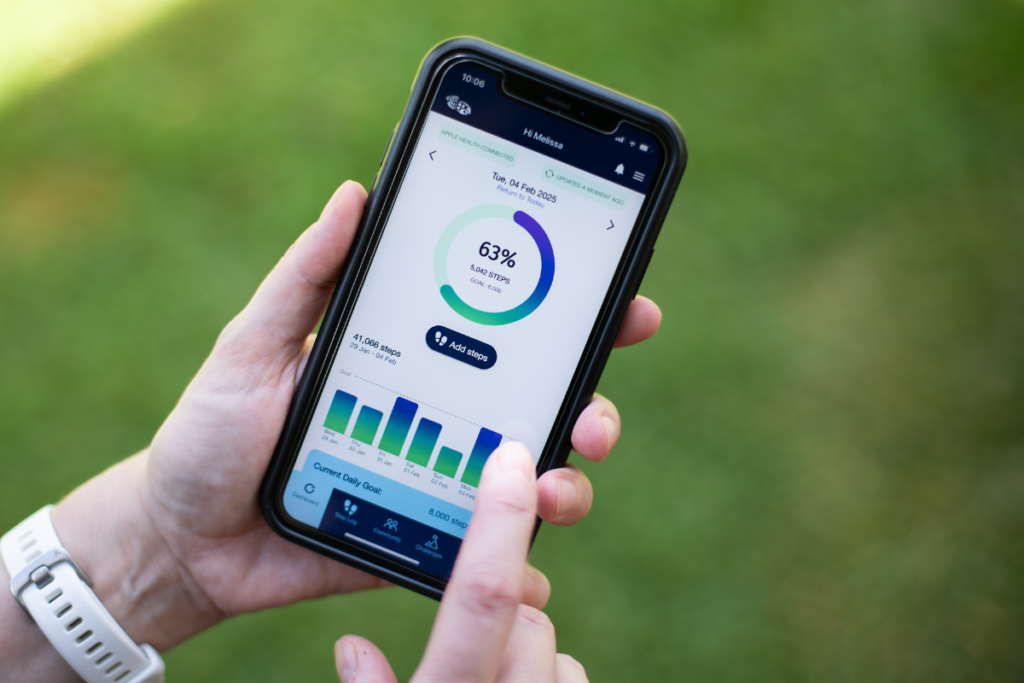Why Your Health App Might Be Lying to You
- Health
- June 18, 2025
- 795
Health and fitness apps have become an essential part of modern life. From step counters and calorie trackers to sleep monitors and heart rate analyzers, millions of users trust these apps to guide their wellness journeys. But what if the data you rely on isn’t as accurate as you think?
Before you let an app dictate your diet, workouts, or sleep, it’s worth asking a crucial question: Can you trust the numbers on your screen?

The Illusion of Precision
Many health apps present data in ways that feel highly precise — down to the calorie, the minute of REM sleep, or the number of steps you’ve taken. But behind this veneer of accuracy are estimation algorithms, assumptions, and limitations.
Step Counts Are More Guess Than Science
- Inaccuracy source: Step counters rely on accelerometers, which can be tricked by certain movements like driving, shaking, or typing.
- Reality: Studies show that step counts can vary by up to 20% between devices, depending on where you wear them (wrist, pocket, or hip).
- Example: Walking with a stroller or pushing a shopping cart may register fewer steps because your arms are stationary.

Sleep Tracking Is Often a Rough Estimate
- Inaccuracy source: Most consumer-grade sleep trackers use movement and sometimes heart rate variability to guess sleep stages.
- Reality: Unlike clinical polysomnography (which measures brainwaves), wearables can misinterpret being still as being asleep.
- Result: Sleep quality, REM estimates, and even total sleep time are often overstated or understated — sometimes by hours.
Calorie Counters Are Based on Generic Models
- Inaccuracy source: Apps like MyFitnessPal or Lose It! calculate calorie burn based on generalized equations like the Mifflin-St Jeor formula.
- Reality: These formulas don’t account for individual factors like metabolism variability, hormone levels, or digestion efficiency.
- Food database flaws: User-generated databases often contain incorrect entries, leading to misleading nutrition tracking.
The Problem with Health Algorithms
Health apps rely on algorithms, but those algorithms are often based on data from limited populations.
- Biased data: Many fitness algorithms are modeled on middle-aged, average-weight individuals, meaning they may be less accurate for people who are older, younger, overweight, underweight, or from different ethnic backgrounds.
- False alerts: Heart rate monitors have been shown to misreport issues for individuals with darker skin tones due to how optical sensors read blood flow.
- Generic goals: Apps often push the ubiquitous “10,000 steps” or “2,000 calories” targets without tailoring to personal health needs or goals.

The Psychological Trap: False Feedback
When your app misreports your health data, it doesn’t just lead to inaccurate information — it can affect your behavior and mental well-being.
- Over-reliance: Users may ignore bodily cues in favor of what the app says.
- Frustration: Inconsistent data can lead to anxiety when the app reports poor sleep or low activity, even if you feel fine.
- Reward dysfunction: Gamified elements like streaks and badges can cause guilt or obsession when you miss arbitrary targets.
Can You Trust Any of It?
Not all health app data is bad — but it’s crucial to treat it as directional, not definitive. Here’s how to approach it:
What You Can Trust (Generally):
- Step trends over time: Even if daily counts aren’t perfect, weekly trends are useful.
- Resting heart rate: Usually accurate for most users if measured during inactivity.
- Workout tracking with GPS: Distance and time for runs and cycles are typically reliable.
What You Should Be Skeptical About:
- Calories burned: Highly variable and often inaccurate.
- Sleep stages: Deep, light, REM, and wake guesses are rough estimates.
- Exact nutrition data: Depends heavily on user-entered information and portion accuracy.
How to Use Health Apps Smarter
- Focus on trends, not single-day numbers.
- Pair with how you actually feel. Don’t let the app override your own perceptions of energy, hunger, and rest.
- Manually review and verify data. Check nutrition labels against app entries; understand how your wearable measures metrics.
- Consider professional tools. If health tracking is crucial (for medical reasons, athletic training, etc.), consult professionals and consider clinical-grade devices.
Use the Tool — Don’t Be Ruled by It
Health apps are incredible tools when used with awareness. They can motivate, inform, and guide — but they are not infallible. Understanding their limitations turns them from potentially misleading devices into empowering aids in your wellness journey.



